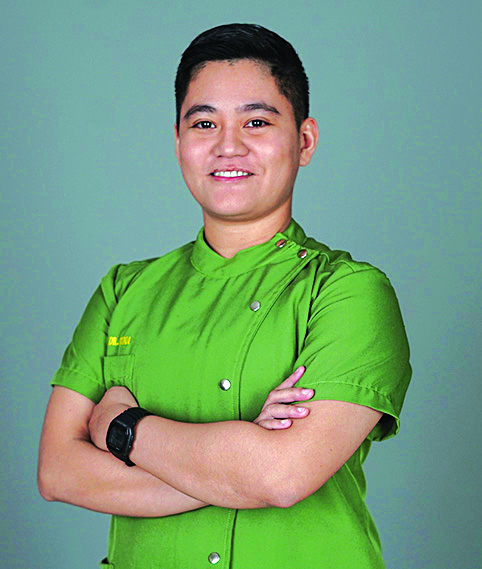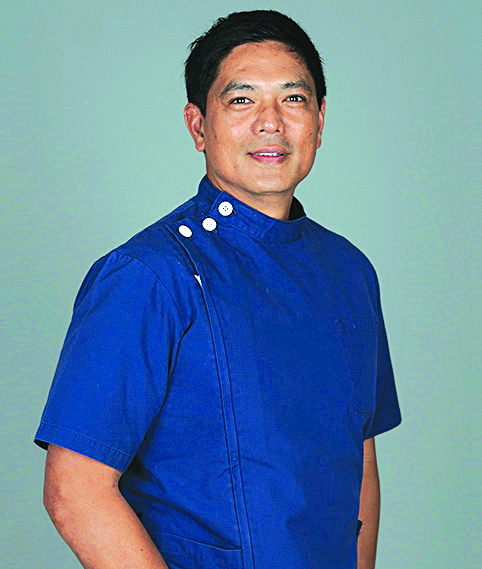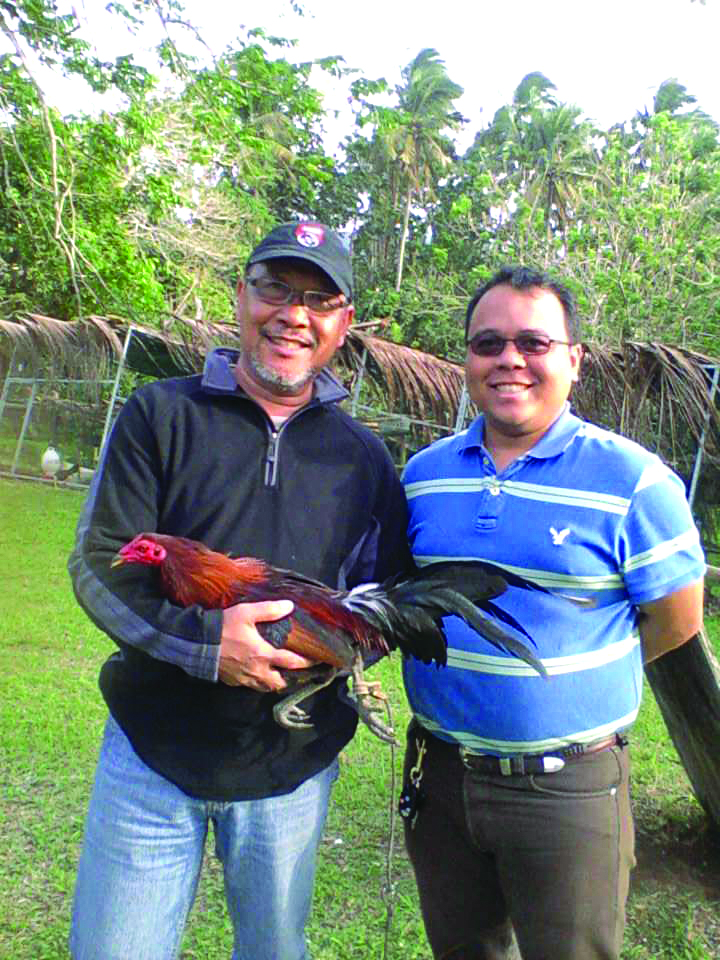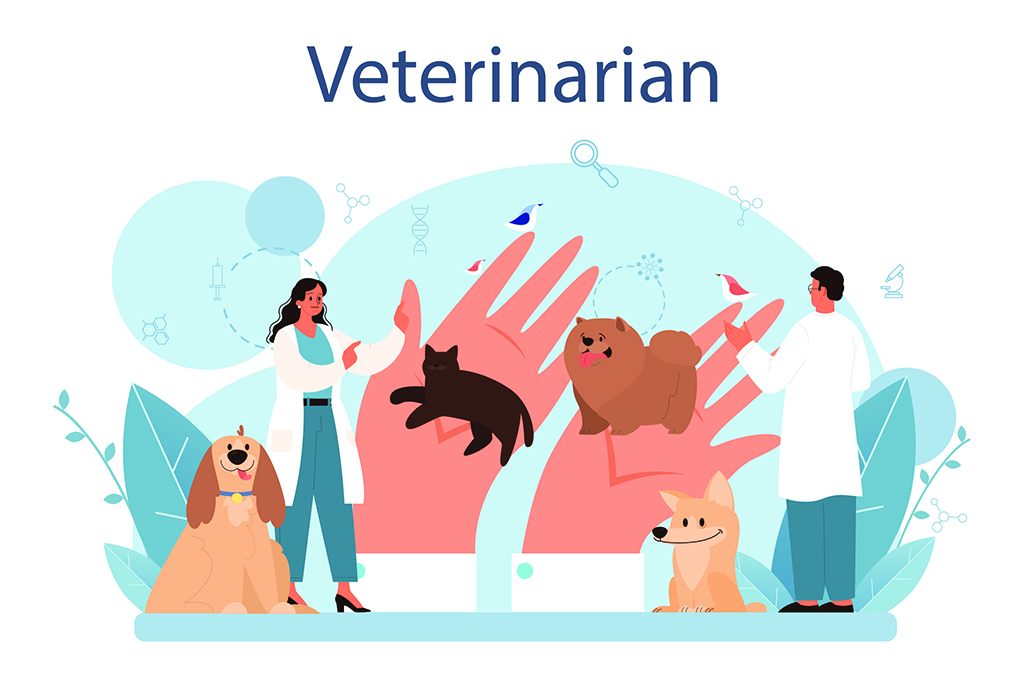As companions to nonhuman animals, we usually build decades-long relationships with their doctors. Often underappreciated, veterinarians are everyday heroes who save and care for countless lives, including those of our little loved ones.
World Veterinary Day is an annual reminder to give thanks to all the vets whose help we treasure. In this feature, we’ll be looking at three vets in particular who have made a name for themselves in noteworthy fields.
Read on to learn about each one. Who knows? Their stories might encourage you to follow in their footsteps!
DR. GINA MARIA PINEDA
FELINE MEDICINE

Dr. Gina is an Associate Veterinarian at Vets in Practice, Inc. and the Chief Veterinarian and Medical Head at the clinic’s Mandaluyong branch. This year, she says, will be her “15th year in companion animal practice,” and though she’s experienced in diagnostics, soft-tissue surgery, and emergency and critical care in both canine and feline medicine, she’s the clinic’s “go-to vet for feline medicine.”
In an interview with Animal Scene, Dr. Gina explains, “As a [C]at lover who has been fostering and adopting kittens since [childhood, I find it] exhilarating to be able to practice what I have learned in all the years of having my own [C]ats.”
Her attraction to the life sciences, fascination with diseases, and love for nonhuman animals led to her deciding to become a vet, which she describes as serendipitous. As a veterinary student and part of Rodeo Club Philippines, she spent much of her time doing volunteer work, “even going as far as Palawan.”
Now, as a practitioner, she says, “I believe that we can make more impactful changes by starting small, so I instead chose to concentrate my volunteer work hyper-locally, focusing my efforts by doing a tiny TNR [Trap-Neuter-Return] program on the community [C]ats within the area of my residence with the help of my wife, who is also a veterinarian.”
Asked about her advice for those interested in feline medicine, Dr. Gina says, “Feline medicine specifically is an up-and-coming specialization.” More and more veterinarians are now realizing that “[C]ats need highly specialized and individualized care. There is still a lot to discover, and this makes it an exciting time to be in this particular area of study.”
Though Dr. Gina admits that being in the medical field is difficult, especially amid the pandemic, she reminds vet students that “medicine is a team sport.” Taking care of oneself and one’s team, as well as finding good mentors, is part and parcel of practicing medicine.
NIELSEN DONATO
AVIAN AND EXOTIC ANIMAL MEDICINE

A Managing Partner also at Vets in Practice, Inc., Dr. Nielsen has made a name for himself as co-host of Born to be Wild, a GMA Network travel documentary show featuring wildlife.
Once just a child who was frustrated that there weren’t any wildlife vets to treat his exotic nonhuman animal companions, he has now become arguably one of the most famous soft-tissue, orthopedic, and Avian and Exotic Animal vets in the Philippines. Dr. Nielsen has been able to share his passion and concern for wildlife with viewers of his show for the past decade.
Before “Born to be Wild,” Dr. Nielsen would visit schools to educate students about his wildlife advocacy, however small the student groups would be. “But being in the media,” he says, “this multiplies my advocacy to millions every time we get aired on national TV.”
This wide reach has undoubtedly sparked an interest among viewers to pursue wildlife practice, but this spark must grow into a lifelong advocacy and passion to succeed as a wildlife vet.
According to Dr. Nielsen, unlike other fields of veterinary medicine, wildlife practice has to do more with voluntary work than working for income. “There are a few NGOs that hire Wildlife vets, but it is still something that won’t be sustainable especially when you have a family,” he says.
As a consultant for several zoos in the Philippines and as a head of his own rescue center, he faces the constant challenge of advocating for the welfare of the nonhuman animals while educating Filipino zoo- goers to respect wildlife.
Though Dr. Nielsen doesn’t force them, his son and daughter have decided to follow in his footsteps to pursue veterinary medicine. His clinic, he says,
has “young vets who are inspiring to be loyal and might be future
partners, and my children can be one of them.”
DRS. ROMY MODOMO AND PERCY MODOMO
EQUINE PRACTICE

This father-son duo have made headlines in the past for their volunteer work, perhaps most notably having treated a horse hit by a bus in Manila in 2017. At Modomo Veterinary Practice and Trading, Dr. Romy and Dr. Percy Modomo are equine specialists – a practice Dr. Romy says has “always been a great challenge to a newly graduate veterinarian.”
According to Dr. Romy, veterinary students are trained in companion animals and food- producing animals, which leaves much to be desired for those interested in equine practice.
Dr. Romy first dabbled in equine medicine while maintaining thoroughbred race horses at a race track. His employer, the late Eduardo Cojuangco, Jr., then sent him overseas to study Equine Medicine and Surgery under the late, great equine vet, Dr. Percy E. Sykes. Dr. Romy was then sent to the University of Sydney at Camden as a senior clinician, and returned to the Philippines as an equine practitioner.
His son, Dr. Percy (named after Dr. Percy E. Sykes), followed in his footsteps by graduating from the College of Veterinary Medicine in UP Los Banos in 2017. “It’s a great advantage to work with your parent with the same profession,” he says. “You have all the experience that will be shared with you and a job is waiting for you.”
Drs. Romy and Percy, who are members of the Philippine Veterinary Medical Association as well as the American Association of Equine practitioners, currently operate an Equine Surgery Farm in Brgy. Sto. Nino, Lipa City, among other services. They continue to participate in hands-on training for cutting-edge equine technology.

WORLD VETERINARY DAY
The World Veterinary Association celebrated the very first World Veterinary Day in 2001 as a way to commemorate and promote the work of veterinarians worldwide. Each World Veterinary Day features a different theme, from rabies to diversity. This year’s theme is “Strengthening Veterinary Resilience.”
Dr. Gina herself says that veterinarians’ environments “can sometimes be a challenge to one’s mental health and wellness,” and the World Veterinary Association agrees. According to the association, “Veterinarians, much like their patients, need proper tools and support to maintain their personal health and wellness.”

WANT TO BE A VET?
The Philippine Department of Labor and Employment states that prospective veterinarians must have graduated from a veterinary medicine four- year program at an accredited veterinary medicine college. They must then pass the veterinary board exam and attain their license from the Professional Regulation Commission.






